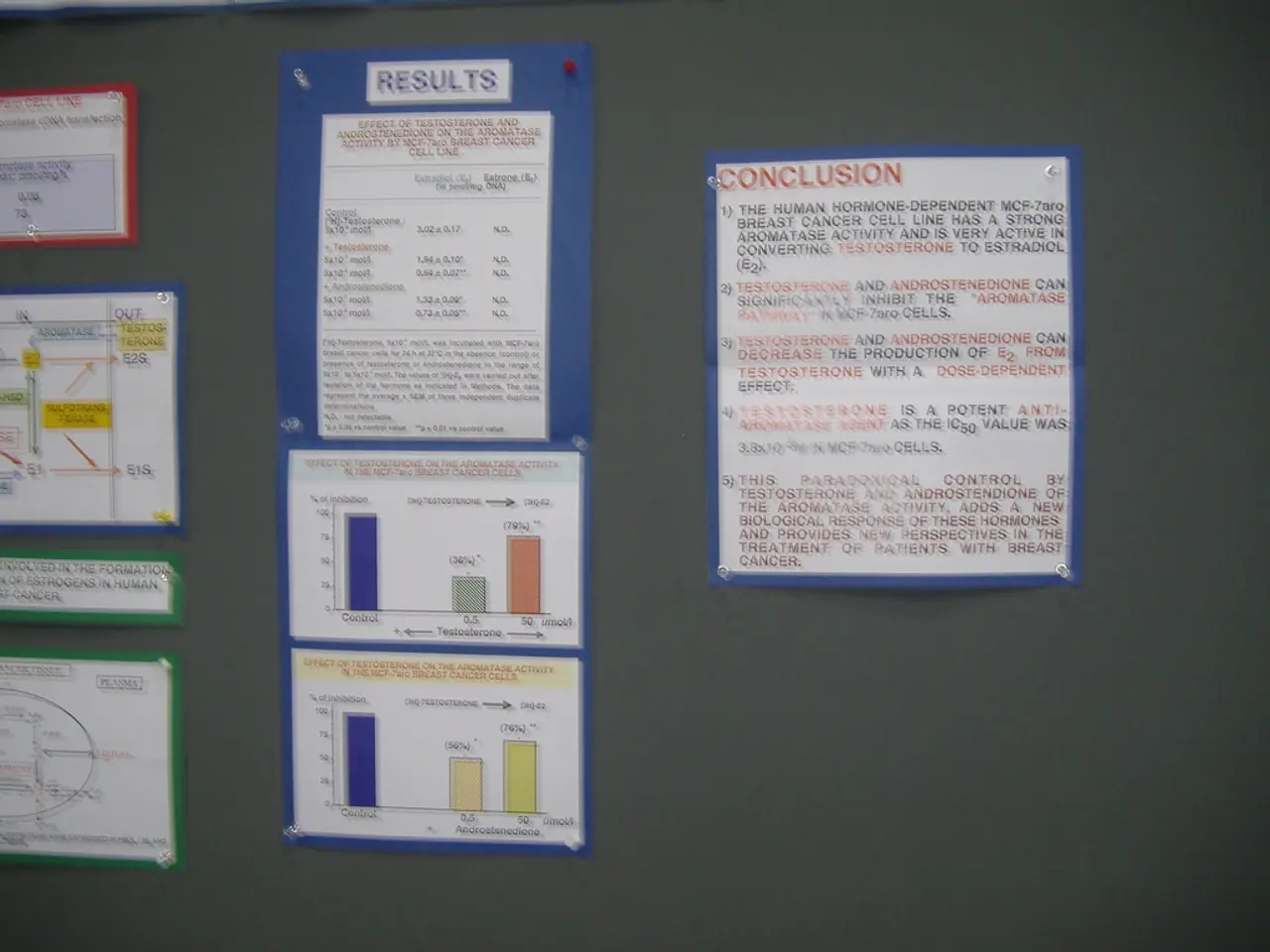Exploring the Unification of Global Sustainability Reporting Standards: crucial insights for board members
The International Sustainability Standards Board (ISSB), a new entity formed by the IFRS Foundation, is revolutionising the financial reporting landscape by setting a global standard for sustainability disclosures [1][3][5]. This development is significant for board directors and companies alike, as it aims to provide investors and stakeholders with consistent, comparable, and decision-useful information related to sustainability risks and opportunities.
The ISSB's core frameworks, IFRS S1 and IFRS S2, published in June 2023, outline principles and specific disclosure requirements covering governance, strategy, risk management, and metrics for sustainability performance [1]. These standards are designed to streamline reporting for companies and enhance comparability for investors, offering a clear, transparent, and comparable framework for companies to report their Environmental, Social, and Governance (ESG) impacts, risks, and opportunities.
One of the key aspects of these standards is their focus on mandatory reporting. Many jurisdictions, including Singapore, have adopted these standards as mandatory from fiscal year 2025 onward, requiring companies to report on key climate metrics such as Scope 1 and Scope 2 greenhouse gases [1][3]. This shift from voluntary to mandatory sustainability reporting increases the responsibility of boards to provide oversight and understanding of these disclosures.
However, board directors face challenges in managing the complexity of these quantitative disclosures. Quantitative disclosures, such as financial impacts derived from long-term climate scenario analyses, are complex and still evolving. Directors need to ensure these figures, while not perfect, are reasonable and transparently explained to inform risk assessment and strategic decision-making [3].
To support companies, the ISSB incorporates and is updating SASB standards, which provide industry-specific disclosure guidance across 77 industries [2]. This helps companies identify material sustainability risks and opportunities relevant to their sectors and supports comparability among peers.
The ISSB's work is supported by major global institutions (G7, G20, IOSCO) and actively embedded in over 30 jurisdictions, enhancing investor confidence by improving comparability and reliability of sustainability information worldwide [1][3][5]. More than half the stock exchanges worldwide have adopted these standards, demonstrating their global acceptance and impact.
In Asia Pacific, countries like Singapore are pioneering the adoption of these standards, with Singapore Exchange (SGX) requiring listed companies to report on Scope 1 and Scope 2 greenhouse gas (GHG) and incorporate IFRS Sustainability Disclosure Standards from financial year 2025 [6].
The US Securities and Exchange Commission (SEC) has declined to recognize the ISSB standards as an alternative reporting framework, complicating the global ambition of achieving a level playing field and interoperable data across markets [4]. However, US companies are still required to provide material information to investors, and ISSB standards can serve as helpful guidance for these companies, with some states, like California, explicitly permitting the use of ISSB standards.
In essence, the ISSB empowers board directors and companies to integrate sustainability deeply into financial reporting, improving transparency and enabling better-informed capital allocation decisions in the face of evolving climate and sustainability risks [1][3][5]. Directors must grasp the technical details of such disclosures, especially under IFRS S2, which requires companies to disclose both qualitative and quantitative financial impacts of climate-related risks and opportunities. While challenges remain, the ISSB's standards represent a major milestone in advancing a standardized, investor-centric approach to sustainability reporting.
[1] International Sustainability Standards Board (ISSB). (2023). IFRS S1 and IFRS S2: General sustainability-related disclosures and climate-related disclosures. Retrieved from https://www.issb.org/standards/
[2] Sustainability Accounting Standards Board (SASB). (n.d.). Industry standards. Retrieved from https://www.sasb.org/industry-standards/
[3] Verity Chegar, ISSB board member, emphasized that integrating finance and sustainability functions is a significant change management exercise.
[4] The US Securities and Exchange Commission (SEC) has declined to recognize the ISSB standards as an alternative reporting framework, complicating the global ambition of achieving a level playing field and interoperable data across markets.
[5] The ISSB’s work is supported by major global institutions (G7, G20, IOSCO) and actively embedded in over 30 jurisdictions, enhancing investor confidence by improving comparability and reliability of sustainability information worldwide.
[6] The Singapore Exchange (SGX) will require listed companies to report on Scope 1 and Scope 2 greenhouse gas (GHG) and incorporate IFRS Sustainability Disclosure Standards from financial year 2025.
- The International Sustainability Standards Board (ISSB) has revolutionized the financial reporting landscape, setting a global standard for sustainability disclosures that aims to provide investors and stakeholders with consistent, comparable, and decision-useful information related to sustainability risks and opportunities.
- The ISSB's core frameworks, IFRS S1 and IFRS S2, cover governance, strategy, risk management, and metrics for sustainability performance, and are designed to streamline reporting for companies and enhance comparability for investors.
- These standards are significant as many jurisdictions, including Singapore, have adopted them as mandatory from fiscal year 2025 onward, requiring companies to report on key climate metrics such as Scope 1 and Scope 2 greenhouse gases.
- Directors need to ensure the quantitative disclosures, such as financial impacts derived from long-term climate scenario analyses, are reasonable and transparently explained to inform risk assessment and strategic decision-making.
- The ISSB's work is supported by major global institutions like the G7, G20, and IOSCO, and is actively embedded in over 30 jurisdictions, enhancing investor confidence by improving comparability and reliability of sustainability information worldwide.




